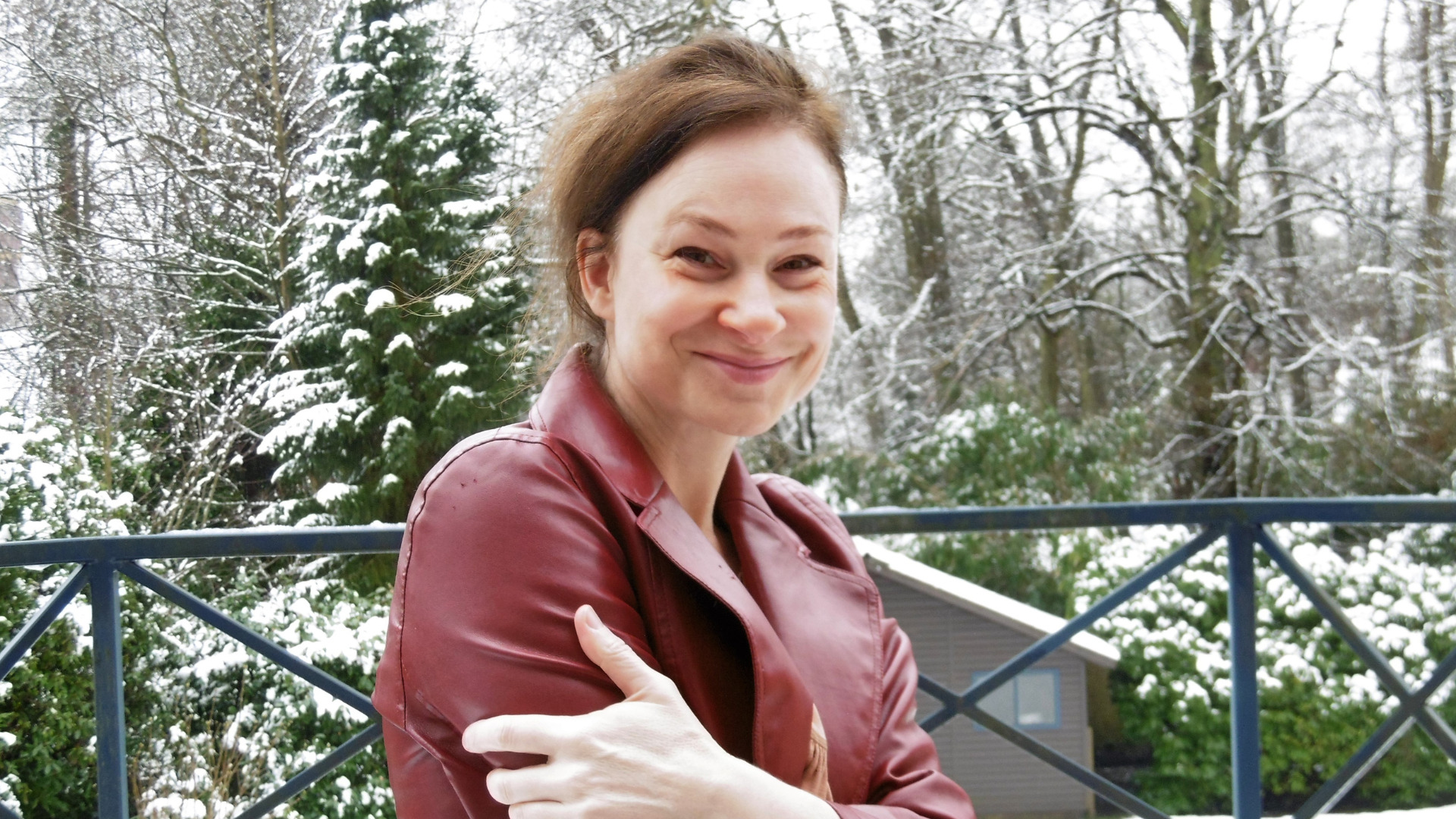A feather in your cap: the feather is a prize passed on from one UAntwerp colleague to another in recognition of their efforts or achievements. This time, Sarah Lebeer (Department of Bioscience Engineering) passes the feather on to Veronique Verhoeven (Department of Family Medicine and Population Health).
Dear Veronique,
It is with great pleasure that I pass ‘The Feather’ on to you.
For three years now, you have been the enthusiastic professor of family medicine specialised in vaginal infectious diseases for our Isala citizen research project. I contacted you to ask if you would join our advisory board and provide medical advice to our participants who would be taking samples of their vaginal microbiome at home. We were super happy when you replied ‘These days I say no to everything, but I’m happy to make time for this!’
You truly are a pioneer in Flanders and far beyond – like in Ecuador – by pushing for more focus on vaginal infectious diseases and cervical cancer. And you are a pioneer in demonstrating that self-sampling, in addition to smear tests at a doctor’s office, can also be used to promote screening for HPV and cervical cancer. What you are doing is taboo-breaking and has a huge impact, because still far too many women die from this terrible disease worldwide, especially in low- and middle-income countries.
Additionally, you are also a really ‘cool’ role model for female doctors, scientists and professors. And ‘cool’ has a literal meaning here. Because as a ship’s doctor (also known as a polar expedition cruise doctor) and kayak guide, you often face extreme cold on expeditions to Antarctica and the far North. But you are also a tremendous compass for our more applied microbiological research. You always keep the finger on the pulse: how can we conduct our rather technical microbiome research to have the most impact for patients and primary care doctors, and how can we reach minority groups even better.
And such research in primary care, outside the walls of a hospital, always has additional challenges in terms of logistics: we learned that during the Isala project, but also during our Micel study. During the height of the pandemic, when strict measures were in place, we tested a microbiome-based throat spray in COVID patients’ homes: a brilliant piece of teamwork that would not have been possible without your help and enthusiasm. You are therefore an excellent example of how to give feedback and reflect critically in a constructive and enthusiastic manner. The new PhD students you have since co-supervised can only agree!
Recently, I learnt that you are an even bigger jack-of-all-trades than we previously thought: for instance, you are also a gifted musician and you enthusiastically participate as clinician-in-charge in the Do-Re-Microob project. This project studies how the bacteria in and on wind instruments affect the microbiome of musicians and vice versa.
Thank you, Veronique, for being such a multi-faceted example to us all: how you help put the importance of family medicine and primary care on the map, how you help advocate for more focus on women’s health, and how you show that professors can be cool too! You are a super warm, kind and strong woman and truly a motivator for young women in STEM!
Warmly,
Sarah


